10 Best Plants for Growing with Rosemary and 5 to Keep Clear Of
Rosemary is a wonderful herb to grow in your garden, but it thrives best when planted alongside certain companion plants. The right companions can help boost its growth, improve flavor, and even protect it from pests. However, not all plants are ideal neighbors for rosemary. In this article, we will explore the best rosemary companion plants and highlight a few that you should avoid.
This post may contain affiliate links, which helps keep this content free. Please read our disclosure for more info.
Thyme
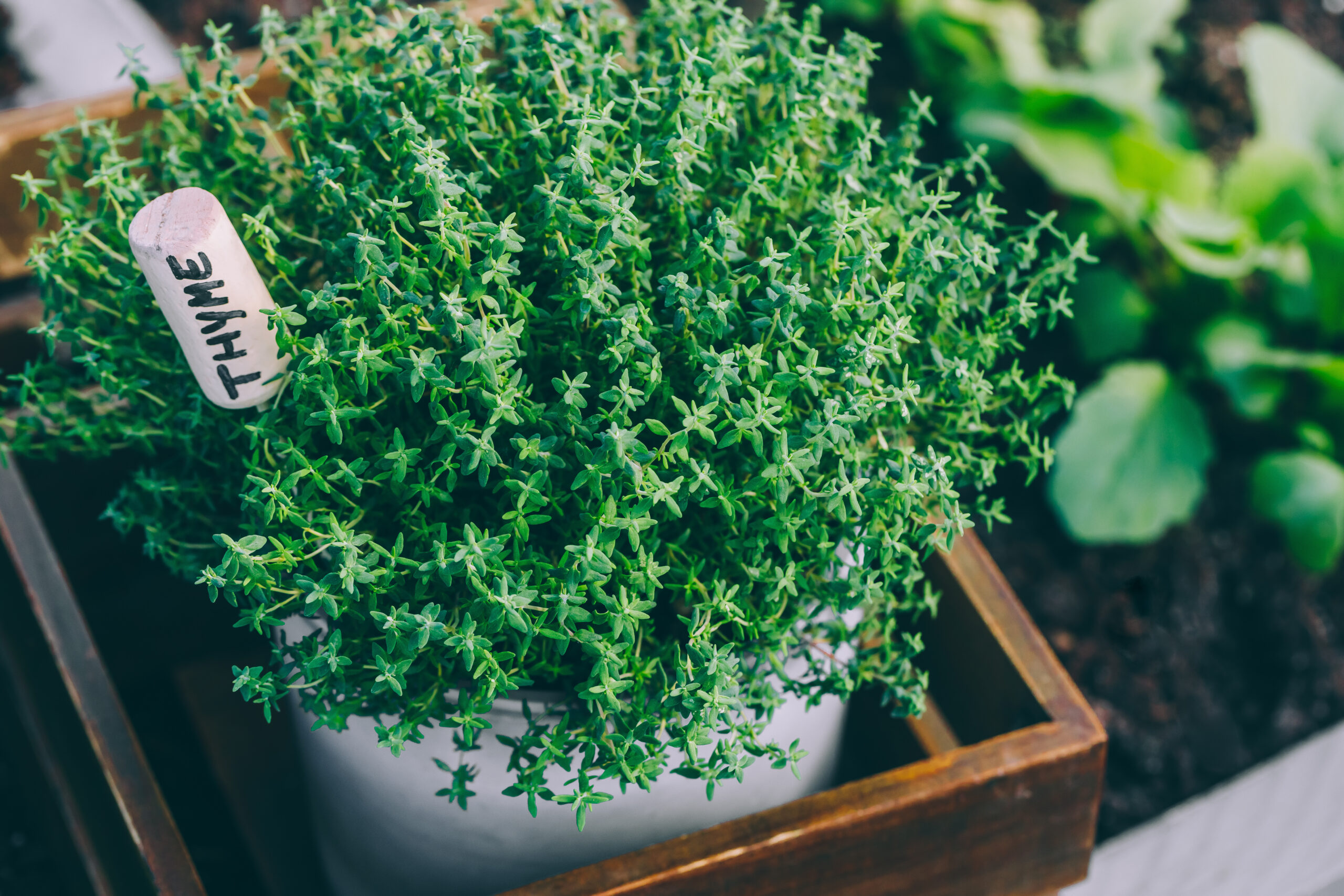
Thyme is an excellent companion for rosemary due to its similar growing conditions, requiring full sun and well-draining soil. Both herbs are Mediterranean natives, so they thrive in similar environments, making them great neighbors in the garden. Thyme’s low-growing habit allows rosemary to get plenty of sunlight, and it helps attract beneficial insects like bees and butterflies, which can aid in pollination. Additionally, thyme has natural antimicrobial properties, which can help protect rosemary from pests and diseases.
Thyme also has a strong, aromatic fragrance that can complement the taste of rosemary in culinary dishes. It is a hardy plant that requires little care once established, making it a low-maintenance companion. If you are looking for an herb that supports rosemary’s growth while also benefiting your garden with its own culinary uses, thyme is a perfect choice. Its ability to thrive under similar conditions makes it an ideal partner for rosemary in herb gardens.
Basil
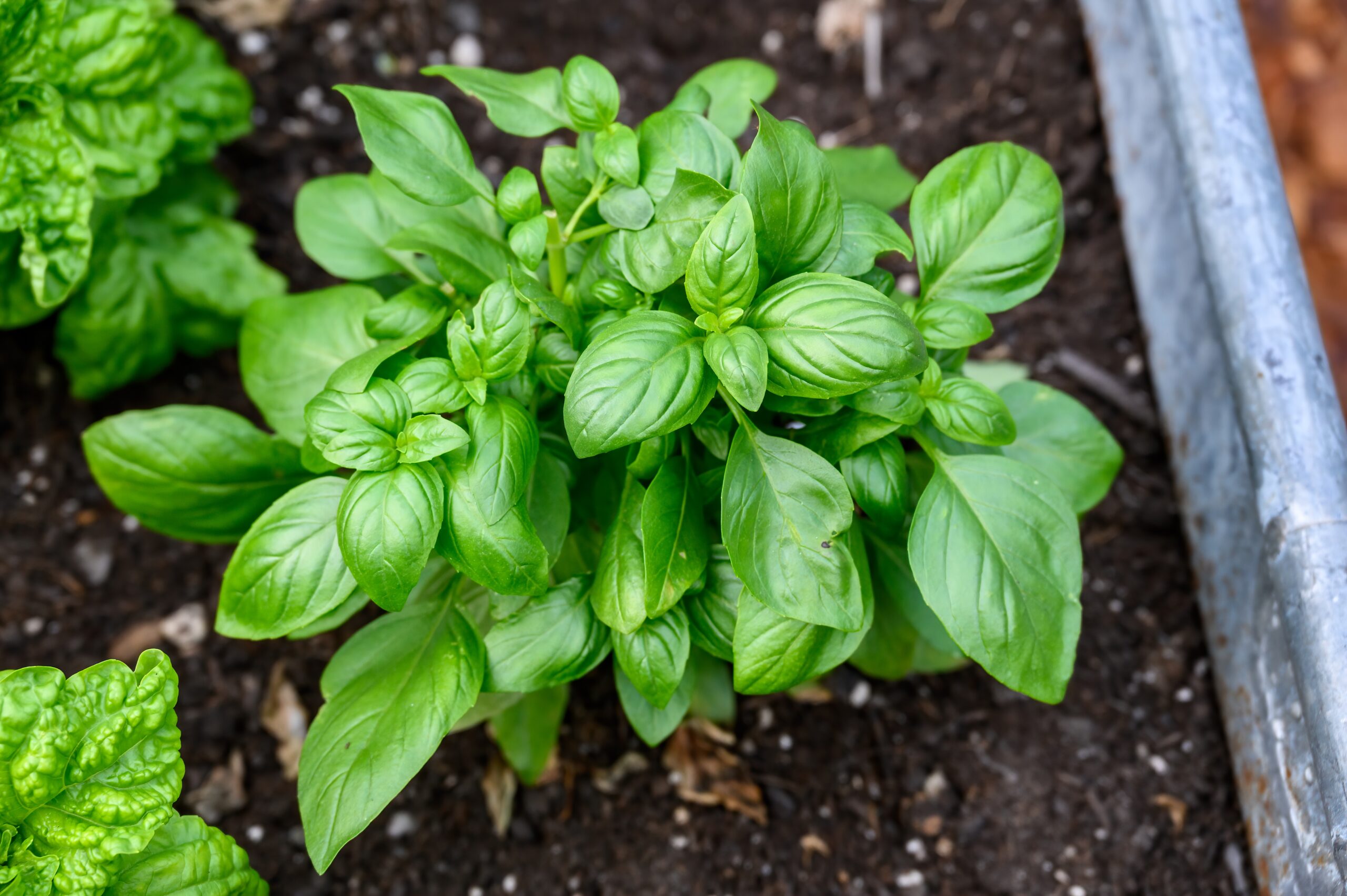
Basil and rosemary make a great pairing, especially in culinary gardens, as they both thrive in sunny spots with well-drained soil. The strong fragrance of basil helps repel pests like mosquitoes, which can be beneficial for rosemary, especially when grown outdoors in warmer months. The two herbs share similar growing needs and can be easily maintained together, offering a harmonious environment. Basil’s broad leaves also provide some shade for rosemary during extremely hot days, preventing the plant from overheating.
Basil is known for attracting beneficial insects, such as pollinators and predators of common pests like aphids. It also benefits rosemary by creating a lush, green contrast that enhances the garden’s aesthetic appeal. Both herbs grow well in containers together, which makes them an excellent option for small-space gardening. However, keep in mind that basil may need slightly more water than rosemary, so adjust watering practices accordingly.
Oregano
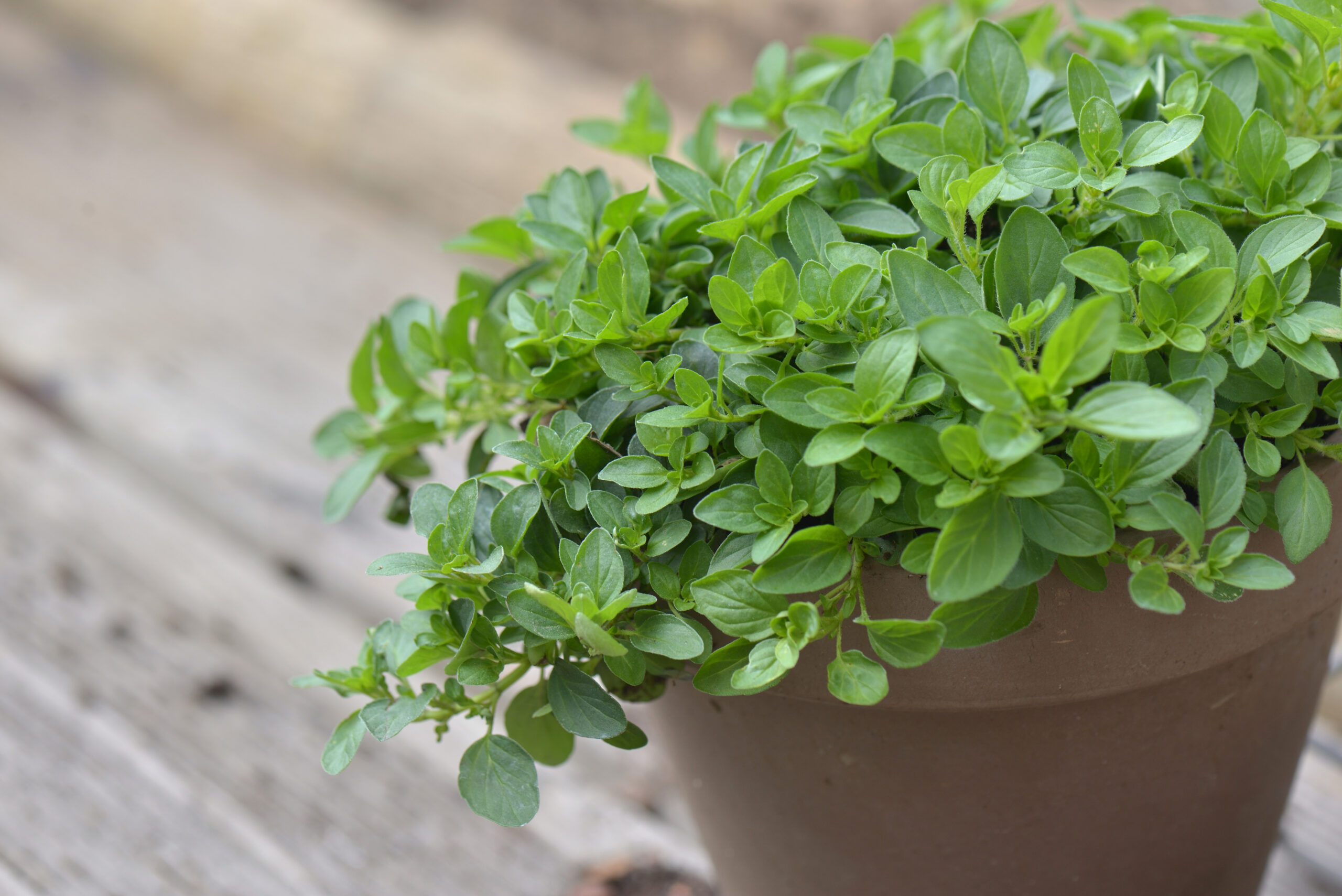
Oregano and rosemary are both Mediterranean herbs, which means they have similar sun and soil requirements. Oregano’s spreading habit helps keep the ground around rosemary cooler and more moist, which can be beneficial during hot, dry months. The aromatic oils from oregano can help deter pests such as aphids and whiteflies, which are common garden nuisances that may affect rosemary. Oregano’s low-maintenance growth and hardy nature make it a reliable companion for rosemary in herb gardens.
In addition to providing natural pest control, oregano’s slightly invasive growth habit can act as ground cover, helping to prevent weeds from competing with rosemary. This helps to keep the soil around rosemary clean and free from unwanted growth. The two herbs also work well together in the kitchen, as they share similar flavor profiles and can be used in a variety of dishes. Overall, oregano is an easy-to-grow, beneficial companion plant for rosemary.
Lavender
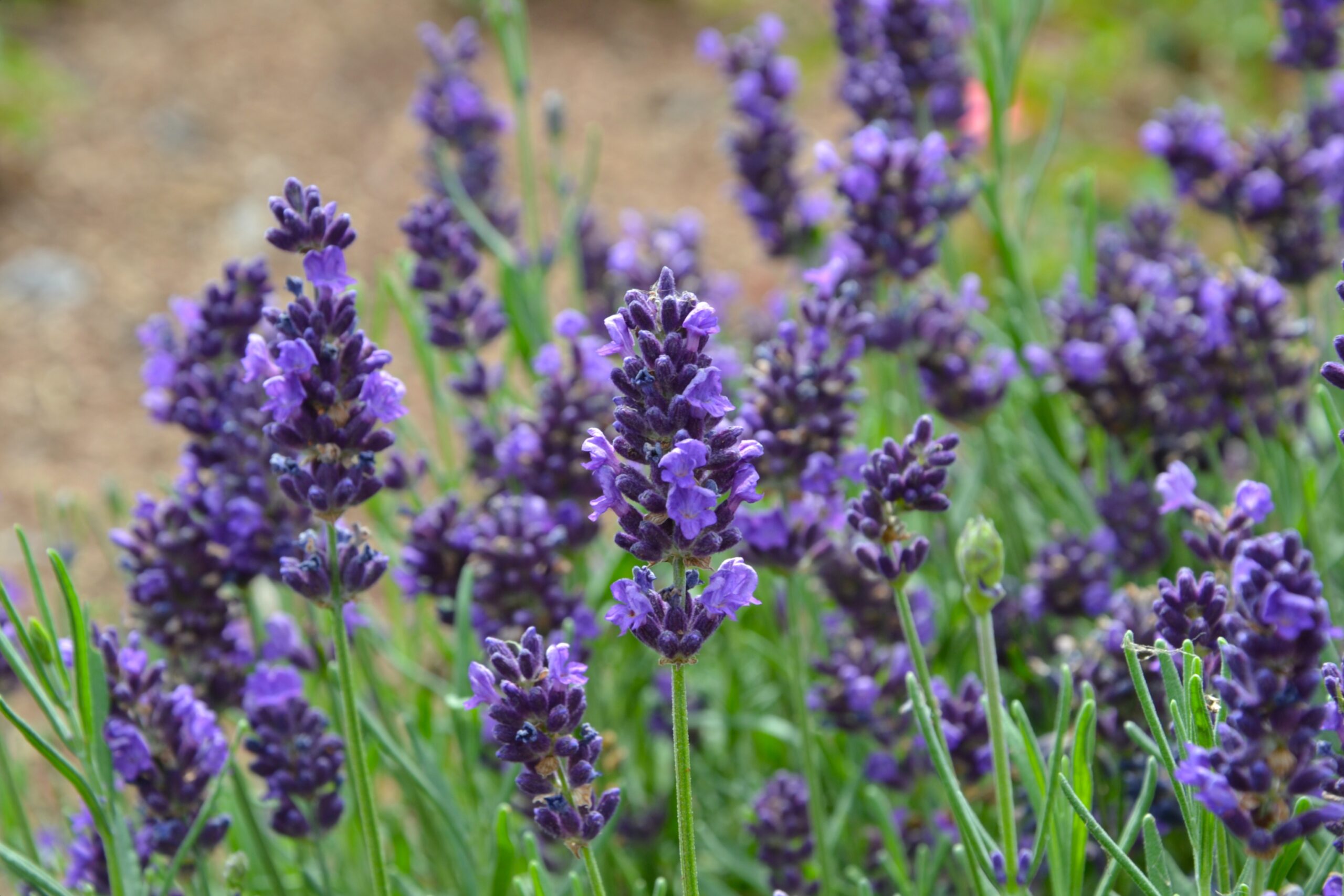
Lavender is an ideal companion for rosemary because both herbs thrive in dry, sunny environments with well-drained soil. Lavender’s fragrance not only adds to the overall garden experience, it also helps repel pests that could harm rosemary, such as moths and mosquitoes. The two plants have similar growth habits and are low-maintenance, making them a great match in any herb garden. Lavender’s long, slender stems also add visual height and interest, complementing rosemary’s bushy growth.
Like rosemary, lavender is drought-tolerant, so it requires minimal watering once established, which makes it a low-maintenance option for gardeners. Lavender attracts beneficial pollinators like bees and butterflies, which can improve pollination for rosemary and other plants in the garden. The scent of lavender also helps to mask the smell of other plants that may attract unwanted pests, benefiting your overall garden ecosystem. These two aromatic herbs together create a beautiful, fragrant, and productive garden space.
Chives
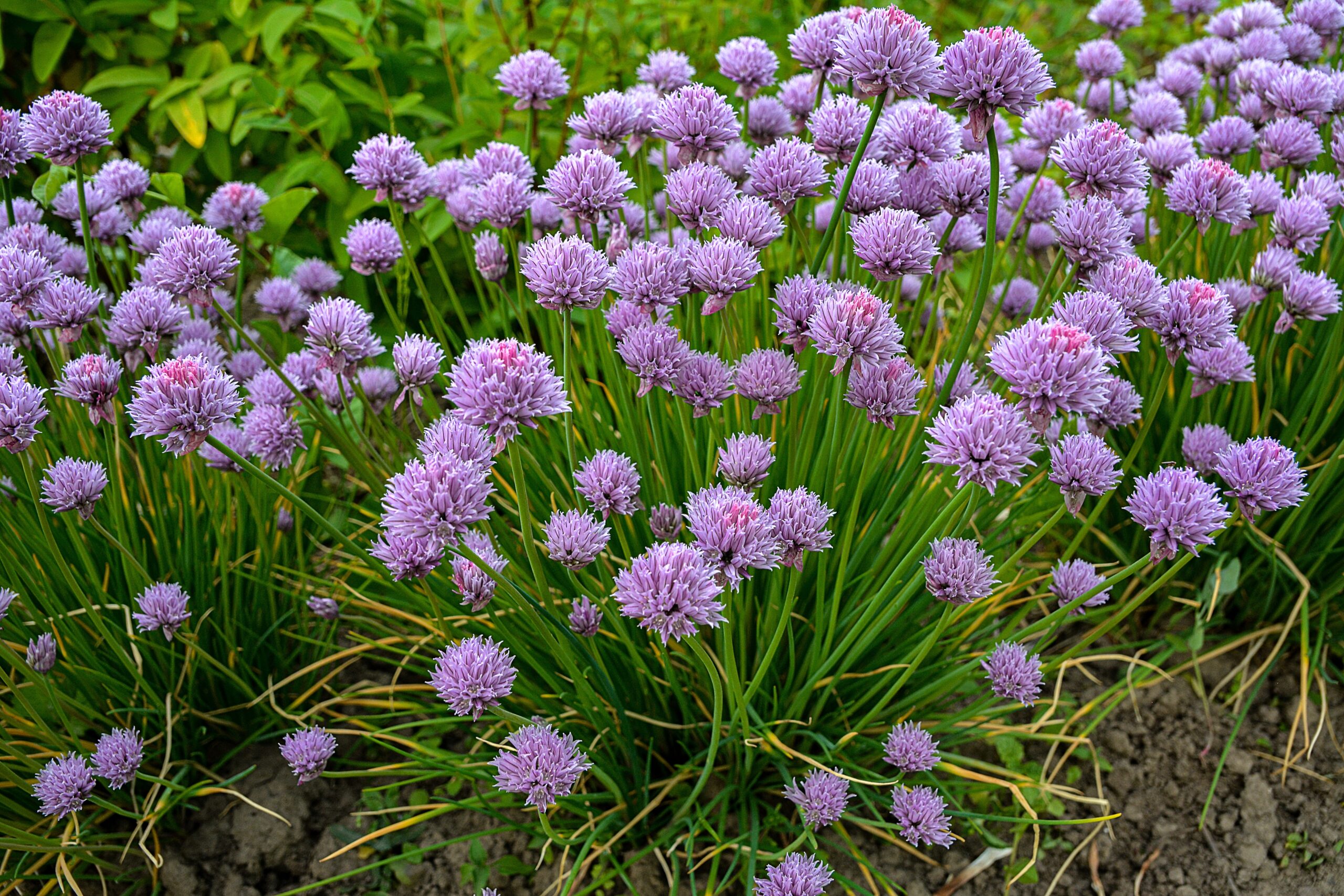
Chives are another excellent companion plant for rosemary due to their complementary growth habits and pest-repelling properties. Chives help to deter aphids and other pests that may harm rosemary, making them a great natural pest control option. Both herbs thrive in full sunlight and well-drained soil, so they grow well together without competing for resources. Chives also add a mild, onion-like flavor to dishes, making them a useful culinary companion to rosemary.
The grassy, upright growth of chives contrasts nicely with rosemary’s woody structure, creating visual interest in your garden. Chives can also help improve soil quality by releasing sulfur compounds that can benefit rosemary’s roots. They require minimal maintenance and can be harvested frequently, providing a fresh and easy addition to meals. If you want a low-maintenance, multi-functional companion for rosemary, chives are a great option.
Marjoram
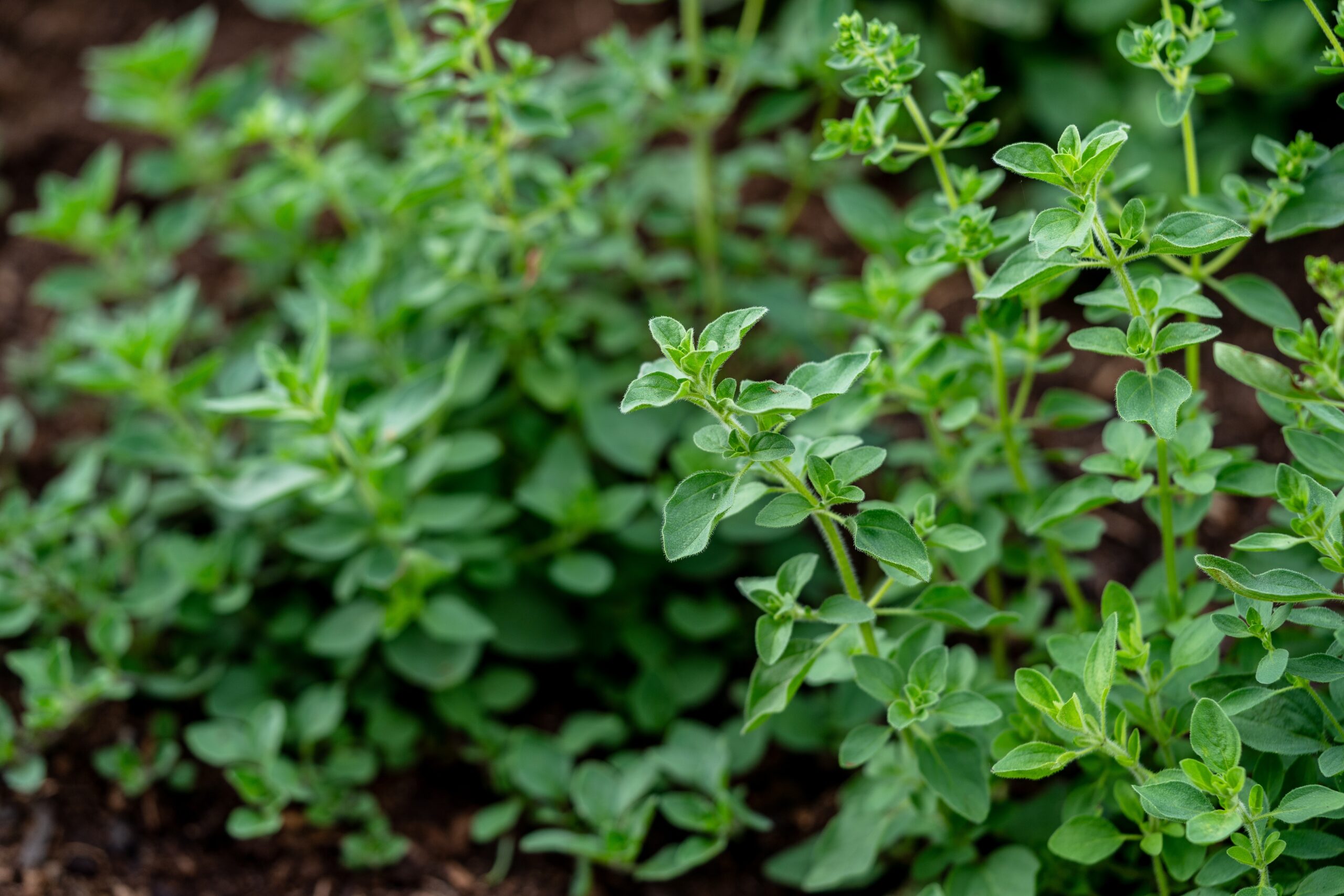
Marjoram is an aromatic herb that pairs well with rosemary due to its similar growing needs. Both plants enjoy full sun, well-drained soil, and a bit of space to grow, making them perfect companions in herb gardens. Marjoram’s ability to attract beneficial insects like bees and butterflies enhances pollination for rosemary and the surrounding plants. Additionally, marjoram has a mild, sweet flavor that complements the robust taste of rosemary in many dishes.
Marjoram is also known for its ability to repel pests like aphids and spider mites, which can be problematic for rosemary. This makes marjoram a great option for providing natural pest control in your garden. The soft, delicate leaves of marjoram contrast nicely with rosemary’s woody stems, adding visual variety to your garden. Overall, marjoram is an excellent companion plant that supports rosemary’s growth and enhances its culinary uses.
Tarragon
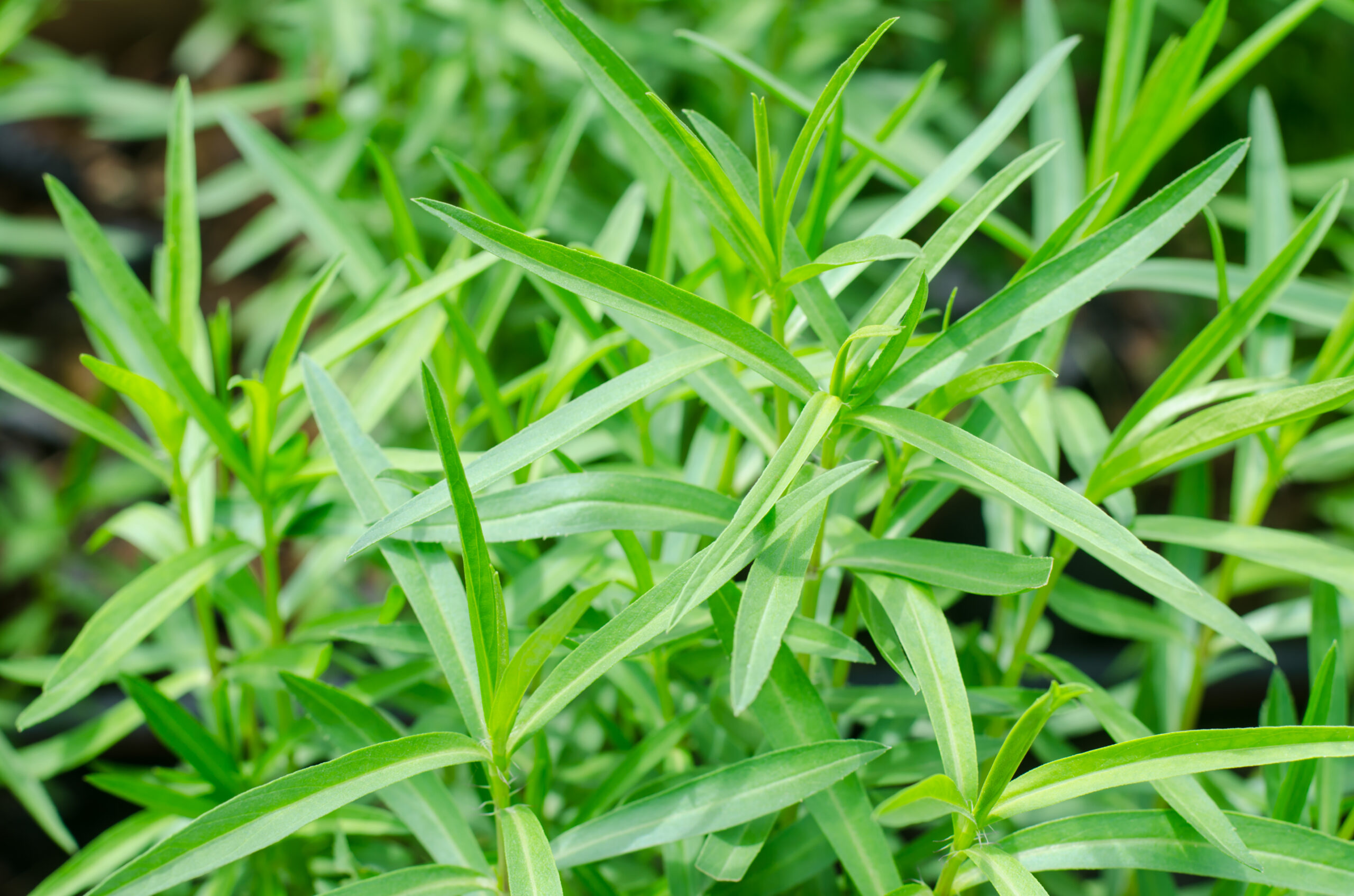
Tarragon is a herb that pairs well with rosemary, as both require similar growing conditions, including full sunlight and well-drained soil. Tarragon is known for its ability to repel pests like cabbage worms and aphids, which can negatively impact rosemary plants. It also promotes healthy growth in rosemary by providing some natural pest protection. The delicate, slightly sweet flavor of tarragon complements rosemary in a variety of dishes, particularly in French cuisine.
Tarragon’s upright growth habit can help provide a bit of shade for rosemary during extremely hot days, preventing heat stress. Both herbs are drought-tolerant once established, making them easy to care for in dry conditions. Tarragon is also a low-maintenance herb that grows well in containers, making it ideal for small garden spaces. As a companion plant, tarragon enhances both the health and flavor of rosemary.
Mint
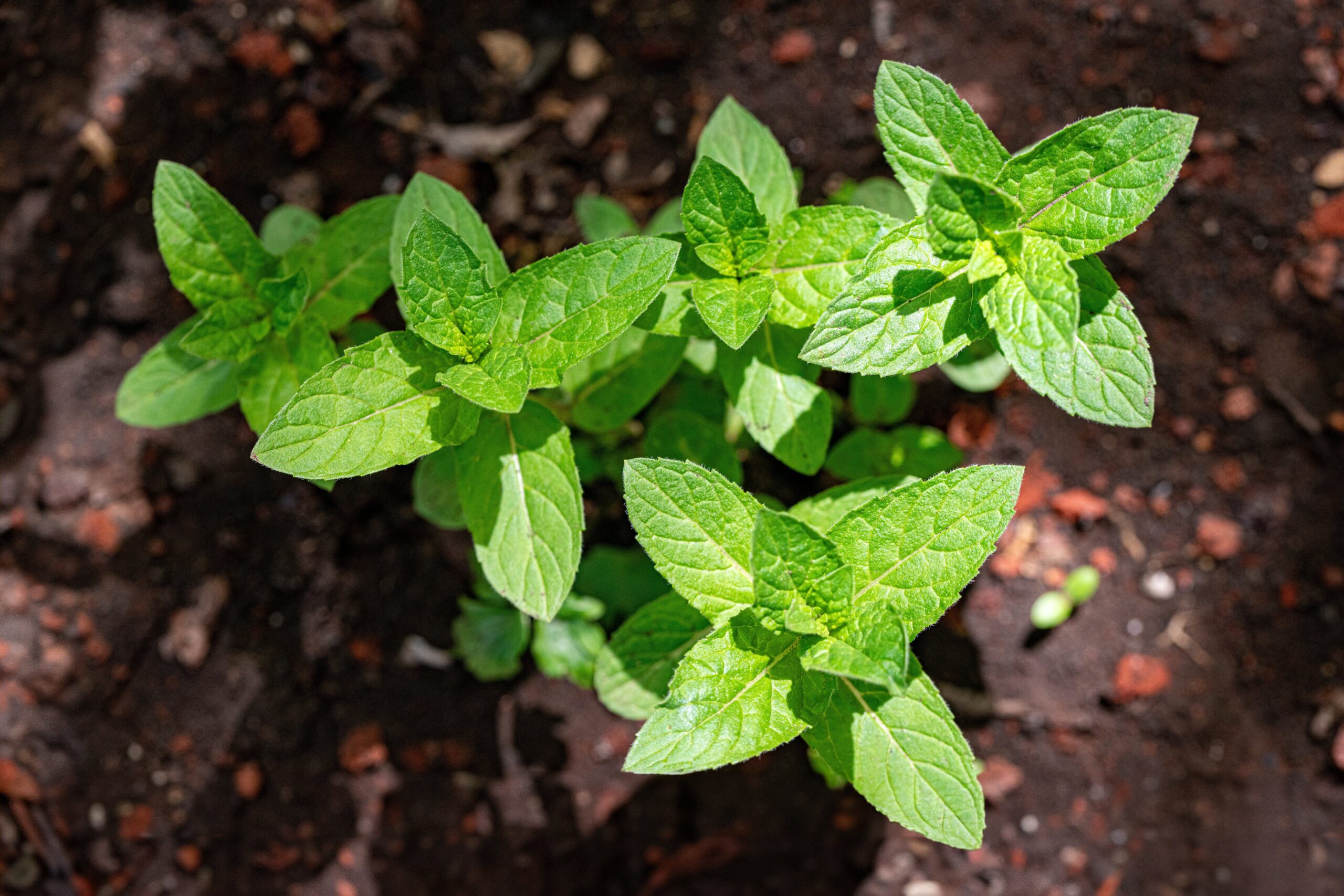
Mint can be an excellent companion plant for rosemary, as it shares similar soil and sun preferences. Mint’s strong, fragrant aroma helps to repel pests like ants, aphids, and fleas, which can potentially harm rosemary plants. It also thrives in areas with slightly more moisture than rosemary, so mint can help maintain humidity around the rosemary plant without harming it. The fresh flavor of mint complements rosemary in various culinary uses, especially in sauces, teas, and salads.
However, mint can spread aggressively if not contained, so it is best to plant it in a separate container or restrict its growth. Despite this, its pest-repelling properties and ability to grow well alongside rosemary make it a beneficial companion. Mint’s vibrant green leaves contrast nicely with the deep green of rosemary, adding visual interest to the garden. Just be sure to control its spread to prevent it from overtaking your rosemary.
Cabbage
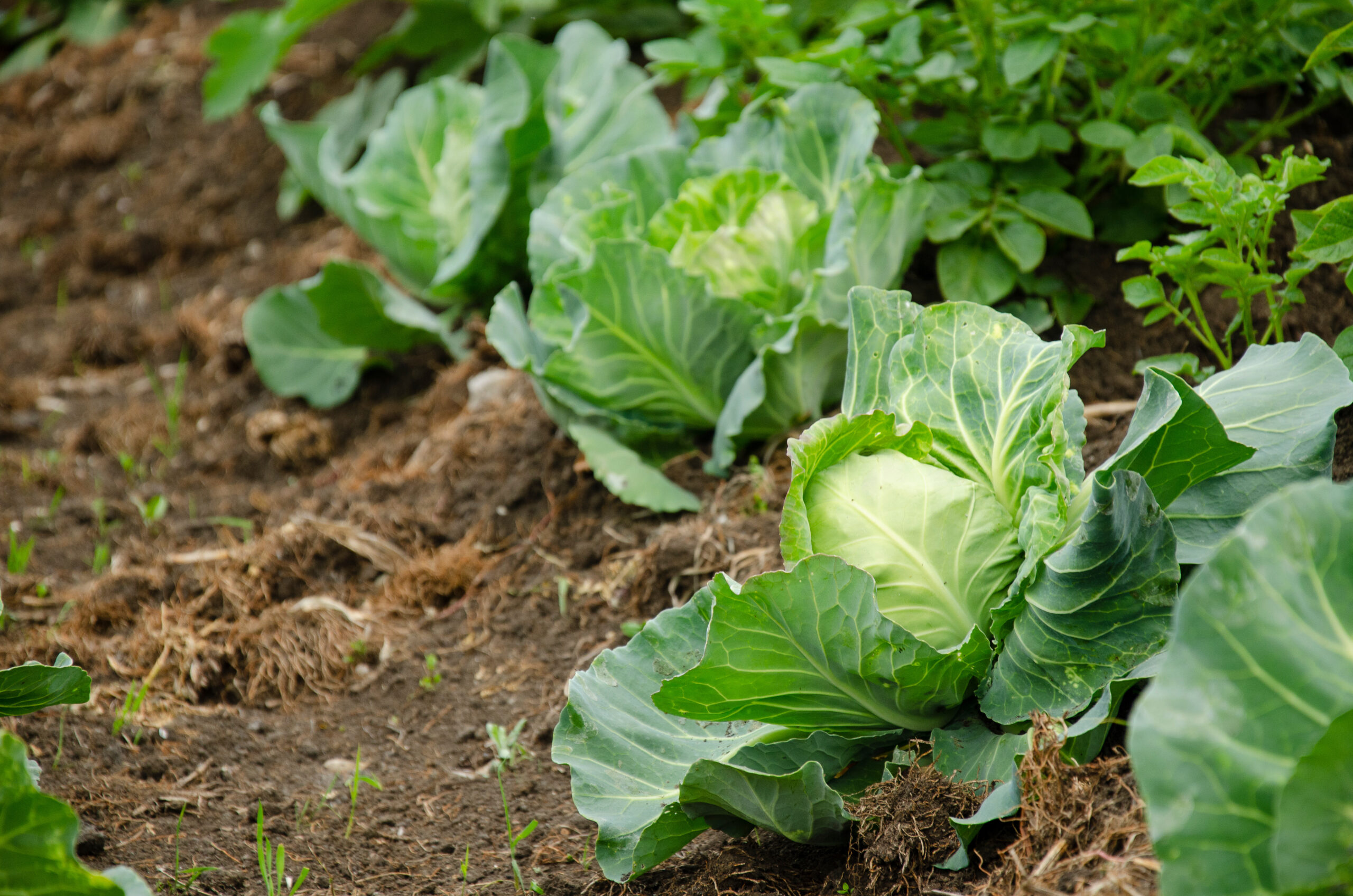
Cabbage is a great companion for rosemary because it helps to repel pests like aphids, which can be attracted to rosemary. The large, leafy structure of cabbage also provides shade for rosemary, protecting it from extreme heat and direct sunlight. Rosemary benefits from cabbage’s ability to deter certain pests, ensuring a healthier growing environment. Additionally, cabbage can help improve soil quality by adding organic matter as it decomposes.
Cabbage grows well in cooler temperatures, making it an ideal plant to pair with rosemary, which prefers moderate heat. The two plants do not compete for resources, as cabbage grows large leaves while rosemary remains a smaller shrub. Both plants also benefit from regular watering, so be sure to monitor the soil to keep it moist but not waterlogged. Cabbage and rosemary make a great pairing for a productive garden.
Dill
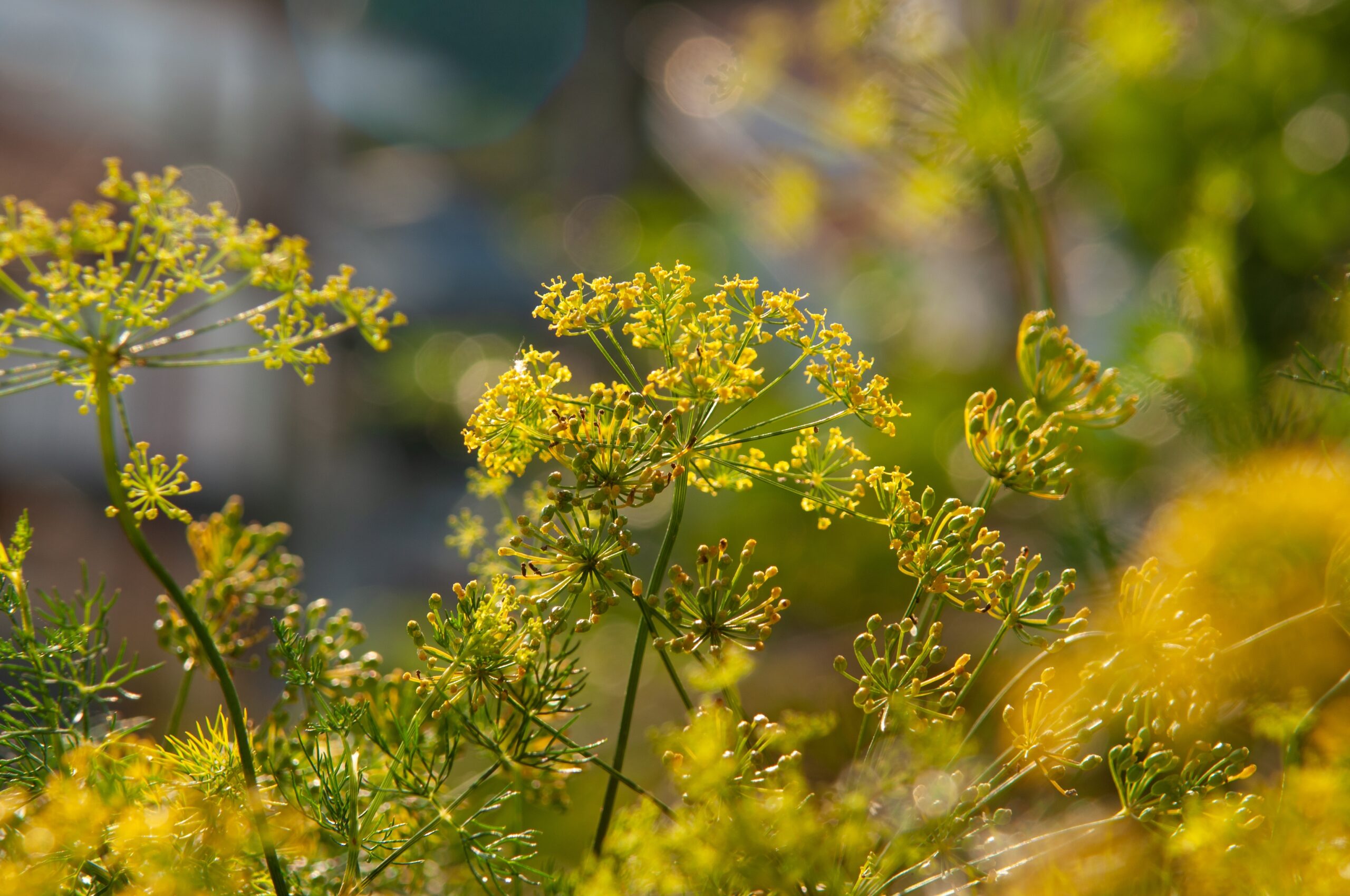
Dill is a good companion for rosemary because both plants enjoy full sunlight and well-drained soil. Dill attracts beneficial insects such as ladybugs and parasitic wasps, which can help control pests that might harm rosemary, like aphids and spider mites. Dill also has natural properties that repel pests like cabbage worms, which can be problematic for many garden plants. This makes dill a great option for keeping pests away from rosemary.
Dill’s tall, feathery fronds create a visual contrast to rosemary’s woody structure, adding interest to your garden space. The herb has a mild, sweet flavor that pairs well with rosemary in dishes like salads, pickles, and fish. Dill is also an easy plant to grow and requires minimal maintenance, making it a perfect companion for low-maintenance herbs like rosemary. By adding dill to your garden, you can boost the health of your rosemary while enjoying fresh herbs for cooking.
Sage
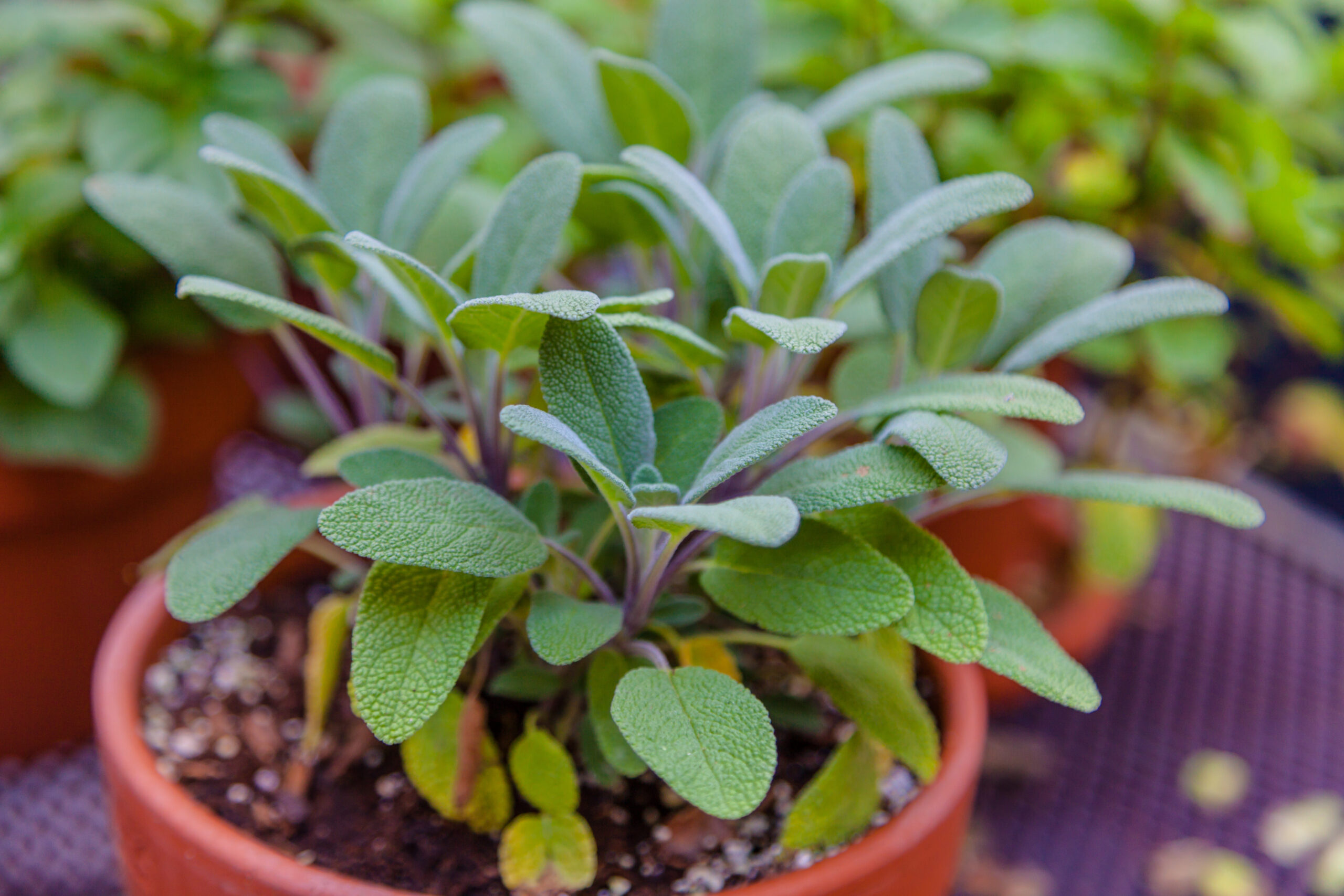
Sage and rosemary are both Mediterranean herbs, so they share similar soil, sun, and watering requirements, making them great companions in the garden. Both plants are hardy and can thrive in dry, well-drained soil, which means they will not compete for resources. Sage helps to repel common pests like moths and beetles, which can damage rosemary, offering natural protection. The earthy, aromatic flavor of sage also complements rosemary in many dishes, particularly roasted meats and stews.
The two plants have similar growing habits, but sage’s larger, bushier growth can provide some shade for rosemary, protecting it from excessive heat. Sage is also easy to care for and requires minimal attention once established. As both herbs are known for their robust flavors, they can be harvested together and used in many culinary creations. Sage is a perfect choice for gardeners who want to grow a variety of aromatic herbs that support each other’s growth and health.
5 Rosemary Companion Plants to Avoid – Carrots
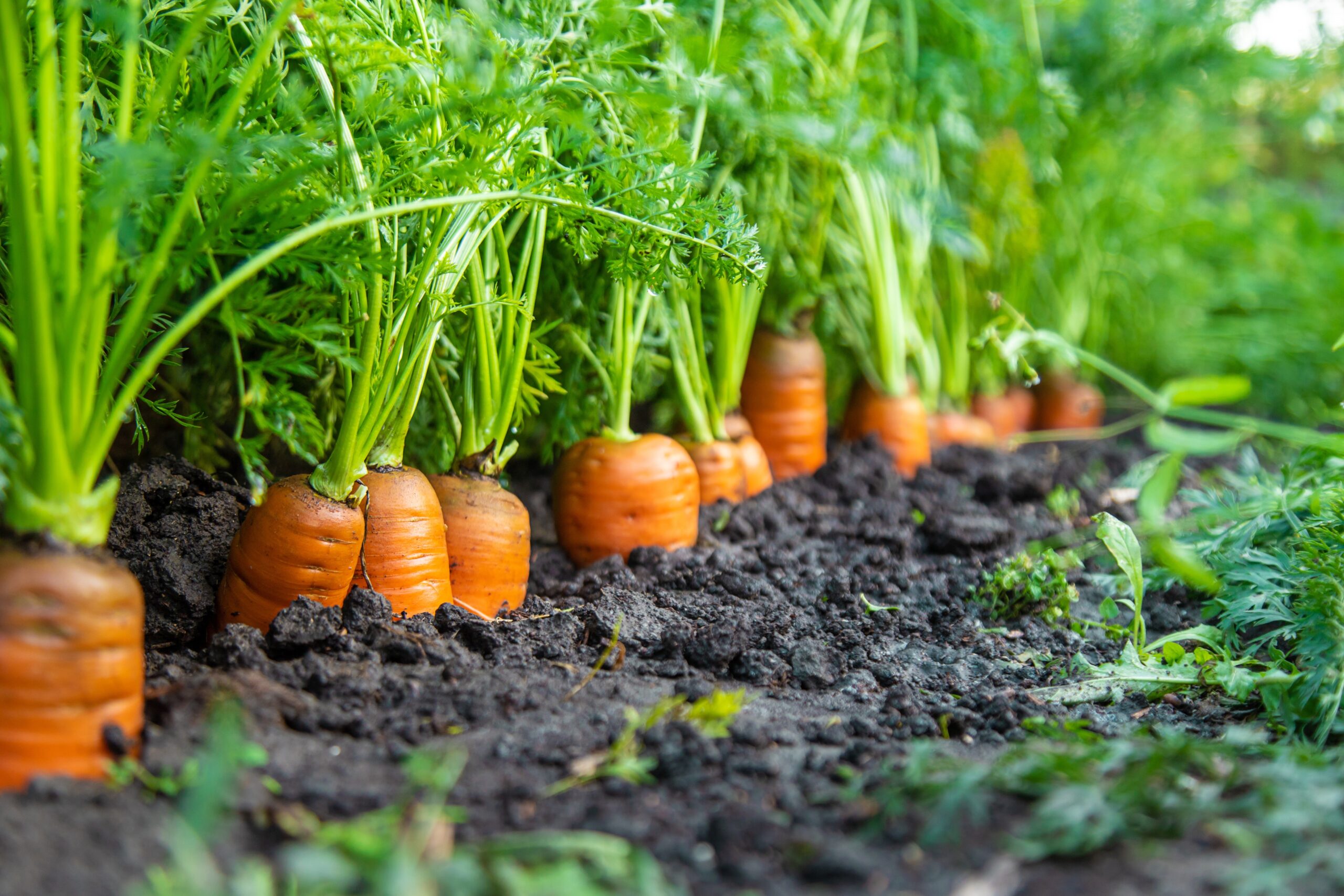
Carrots and rosemary should not be planted together because carrots prefer cooler growing conditions, while rosemary thrives in warmer environments. The contrasting temperature preferences can result in poor growth for both plants. Additionally, carrots require moist soil, whereas rosemary prefers well-drained, dry soil, creating a mismatch in their growing conditions. For better results, plant carrots in a separate area or container where they can receive the right care.
Carrots also have a tendency to attract pests like carrot flies, which may also damage nearby rosemary. To avoid competition and pest issues, keep these two plants apart in your garden. Carrots thrive when they have plenty of space and cool, shaded conditions, which rosemary cannot provide. Planting them in separate areas will ensure both plants grow to their full potential.
Fennel
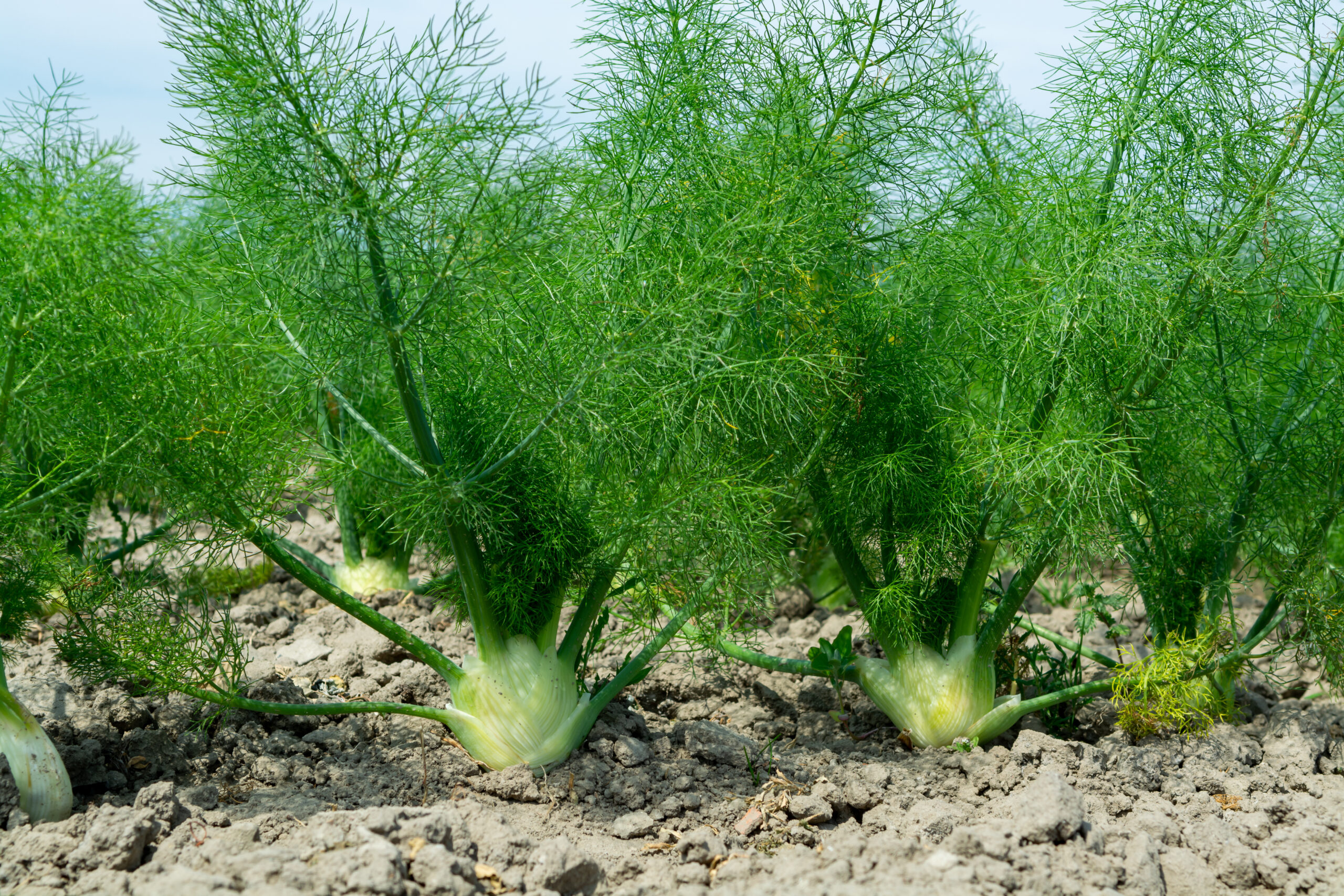
Fennel is best avoided as a companion plant for rosemary, as it can inhibit rosemary’s growth. Fennel is known for releasing allelopathic chemicals that can hinder the development of nearby plants, including rosemary. These chemicals can stunt rosemary’s growth and affect its ability to thrive. To ensure that both plants grow successfully, keep fennel away from rosemary and plant it in a different area of the garden.
Fennel also attracts pests that may not be beneficial to rosemary, like aphids and caterpillars, which can harm the plant. While fennel itself is a great addition to any garden, it should not be planted near rosemary. Consider growing fennel in a separate garden bed where it can thrive without affecting your rosemary plants. Fennel’s strong growth and unique chemical properties make it unsuitable for rosemary’s proximity.
Cucumbers
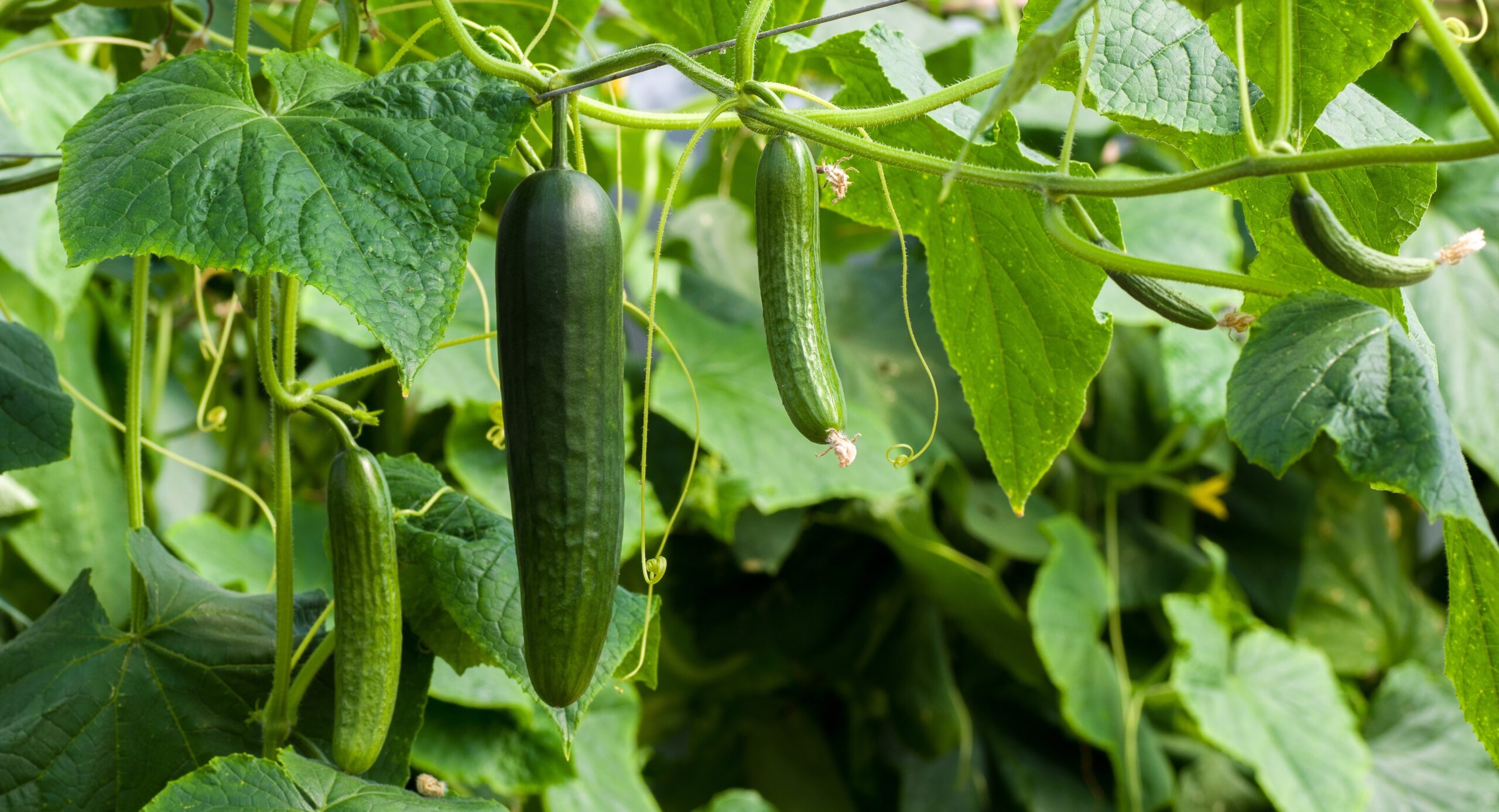
Cucumbers and rosemary do not make ideal companions due to their differing watering needs. Cucumbers require consistently moist soil, while rosemary prefers drier, well-drained conditions. This can lead to overwatering or underwatering, affecting the health of both plants. To ensure proper care, plant cucumbers in areas with adequate water supply and keep rosemary in dry, well-drained spots.
Additionally, cucumbers may attract pests like aphids and beetles, which could also target rosemary. To avoid these issues, consider planting cucumbers away from rosemary or choosing other companion plants that share similar watering needs. This will help both plants thrive without competing for resources. Providing the right conditions for each plant will lead to healthier, more productive crops.
Onions
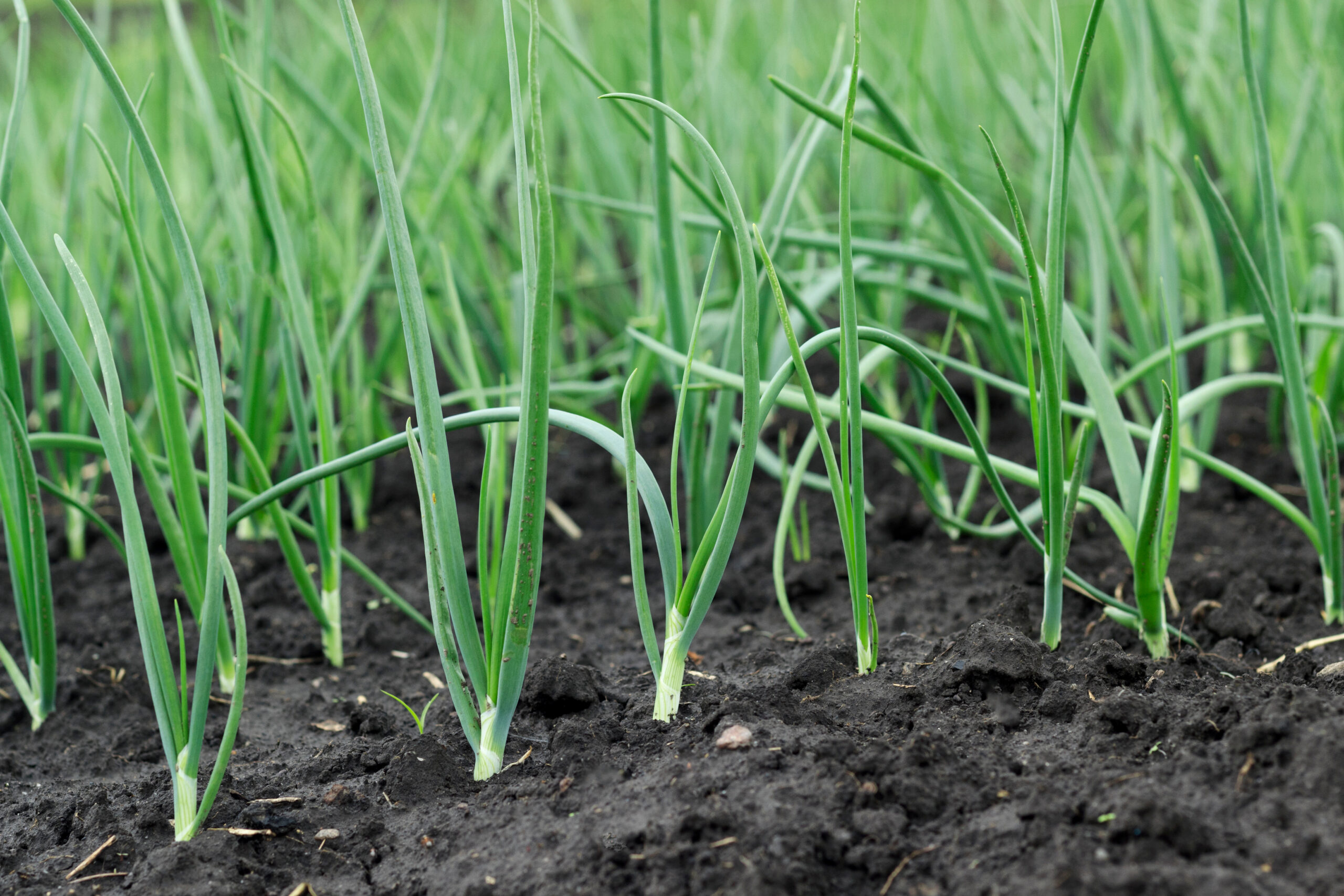
Onions and rosemary should not be planted near each other because onions release sulfur compounds that can inhibit rosemary’s growth. These compounds can affect the roots of rosemary, causing stunted growth and poor overall health. If you are growing onions in your garden, it is best to keep them away from rosemary and plant them in a separate area. This will ensure that both plants can grow without affecting one another’s success.
Onions also have similar pest concerns as rosemary, attracting pests like aphids and thrips. By planting onions far from rosemary, you can reduce the chance of pest infestations affecting both plants. Though onions and rosemary may seem compatible, they do not share the same optimal growing conditions, making them poor companions. Planting them separately will ensure both can thrive without causing harm to one another.
Tomatoes
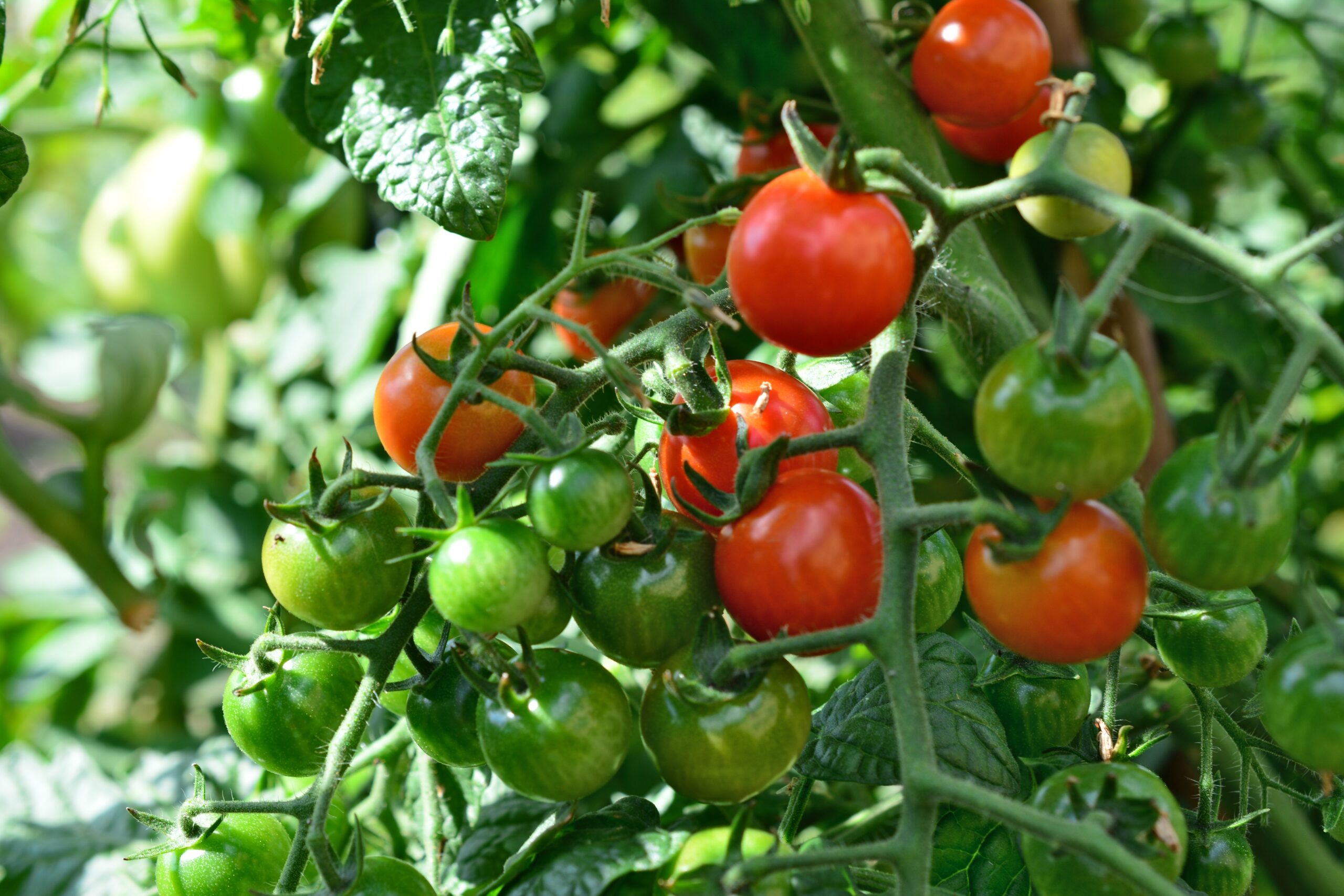
Tomatoes and rosemary should not be grown together, as they have different soil and water preferences. Tomatoes prefer consistently moist soil, while rosemary thrives in well-drained, dry conditions. This contrast can lead to issues with overwatering or underwatering, which can negatively affect both plants. To avoid these issues, plant tomatoes and rosemary in separate areas where their specific needs can be met.
Tomatoes also require more frequent watering than rosemary, which could lead to the roots of rosemary becoming waterlogged. Additionally, tomatoes can attract pests like aphids and hornworms, which may also target nearby rosemary. Keeping tomatoes and rosemary apart will allow both plants to flourish without competition for resources. Providing each plant with its ideal growing conditions will lead to healthier, more productive plants in your garden.
This article originally appeared on Avocadu.
